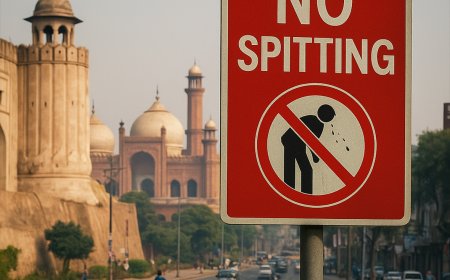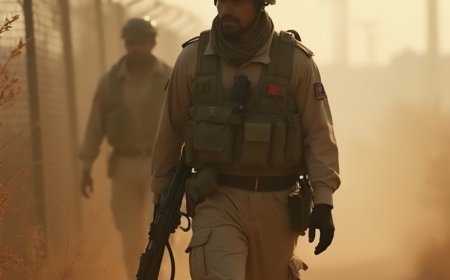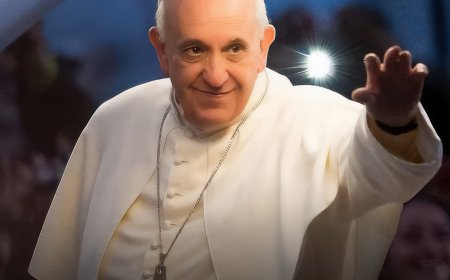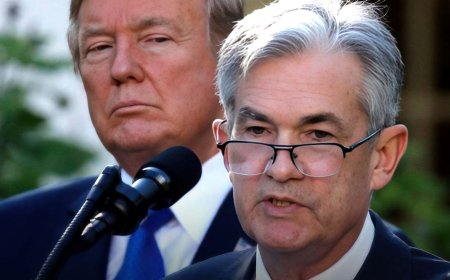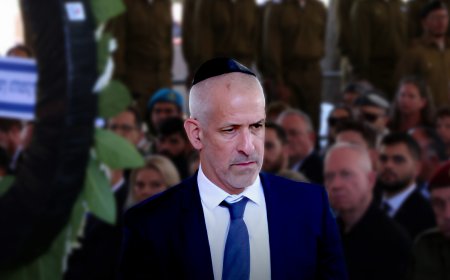South Korean Court Issues Arrest Warrant for President Yoon Suk Yeol Amid Political Chaos
In an unprecedented move, a South Korean court on Tuesday approved an arrest warrant for sitting President Yoon Suk Yeol.
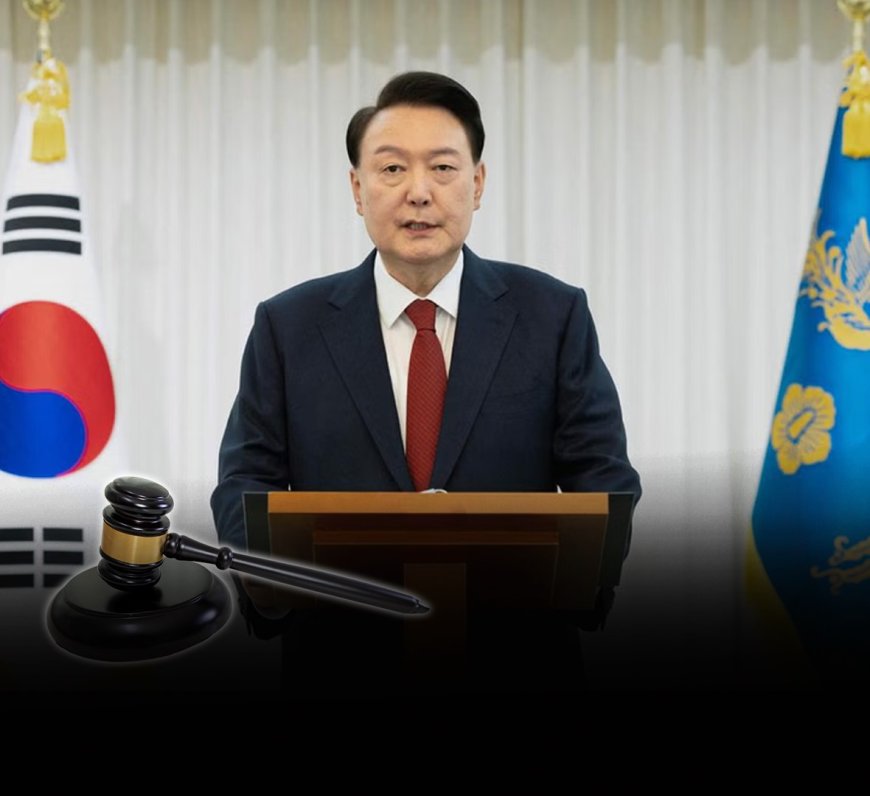
Seoul – In an unprecedented move, a South Korean court on Tuesday approved an arrest warrant for sitting President Yoon Suk Yeol. The embattled leader has faced mounting scrutiny after declaring martial law nearly a month ago, plunging the country into a deep political and constitutional crisis.
This marks the first time in South Korea’s history that a sitting president has been subjected to an arrest warrant, escalating the political turmoil gripping the nation. Yoon, who has been impeached and stripped of his presidential powers by parliament, now faces allegations of abuse of authority and orchestrating a rebellion.
Unfolding Events: Arrest Warrant Issued
The Seoul Western District Court approved the arrest warrant following Yoon’s repeated refusals to comply with summonses from the Corruption Investigation Office (CIO). The agency is leading investigations into accusations that include insurrection—a charge that carries a potential penalty of life imprisonment or even death.
According to the CIO, Yoon ignored three official summonses for questioning. On Monday, law enforcement requested the warrant, which was granted despite protests from Yoon’s legal team. Yoon’s lawyer, Yoon Kab-keun, condemned the move, calling it “illegal and invalid” and accusing the CIO of operating outside its legal mandate.
While the warrant is valid for seven days, law enforcement officers face significant challenges in executing it. Earlier attempts to raid the presidential office were thwarted by Yoon’s security team, even though investigators possessed a search warrant.
The Night of Martial Law: Shocking Revelations
Details continue to emerge about the night of December 3, when Yoon declared martial law. According to prosecution documents, Yoon ordered military troops to forcibly enter South Korea’s parliament to suppress lawmakers attempting to block the decree.
A leaked prosecution indictment reveals that Yoon allegedly instructed his defense minister to use firearms to break into the National Assembly’s main chamber, where lawmakers had barricaded themselves. “Break down the doors and drag them out!” Yoon reportedly commanded.
Lawmakers acted swiftly to overturn the decree, with 190 of 300 parliament members voting to nullify the martial law order. The decision forced troops to withdraw in the early hours of December 4, but the damage to South Korea’s democracy had already been done.
Evidence of a Rebellion Operation
Prosecutors presented evidence suggesting a planned insurrection, including confiscated items such as cable ties, baseball bats, hammers, ropes, and blindfolds. These items were allegedly intended for detaining members of the National Election Commission and opposition leaders.
Former Defense Minister Kim Yong-hyun, a key figure in the operation, has already been arrested and indicted for abuse of power. The prosecution revealed that Kim ordered his subordinates to prioritize apprehending opposition leaders, including Democratic Party leader Lee Jae-myung and National Assembly Chairman Woo Won-shik.
Path to Impeachment
Yoon’s impeachment earlier this month followed weeks of political unrest. South Korea’s parliament voted to strip him of his presidential powers, with even members of his own ruling party turning against him.
Now, Yoon faces trial in the Constitutional Court, which will determine whether he is formally removed from office or reinstated. This process could take up to six months. The court held its first pretrial hearing on December 27, with Yoon absent.
Adding to the uncertainty, the acting president and prime minister, Han Duck-soo, was also impeached by parliament for failing to address judicial vacancies in the Constitutional Court. His dismissal left South Korea’s leadership in disarray, with newly appointed acting president Choi Sang-mok facing the daunting task of stabilizing the nation.
A Nation in Turmoil
The political chaos comes amid national mourning for victims of the Jeju Air flight 7C 2216 crash, South Korea’s deadliest aviation disaster in nearly three decades. The flight, carrying 175 passengers and six crew members, crash-landed in Muan County, leaving all but two on board dead.
As South Korea grapples with political uncertainty and tragedy, the path forward remains unclear. The arrest warrant for Yoon Suk Yeol has deepened divides in the nation, leaving citizens questioning the stability of their democracy.
What's Your Reaction?







